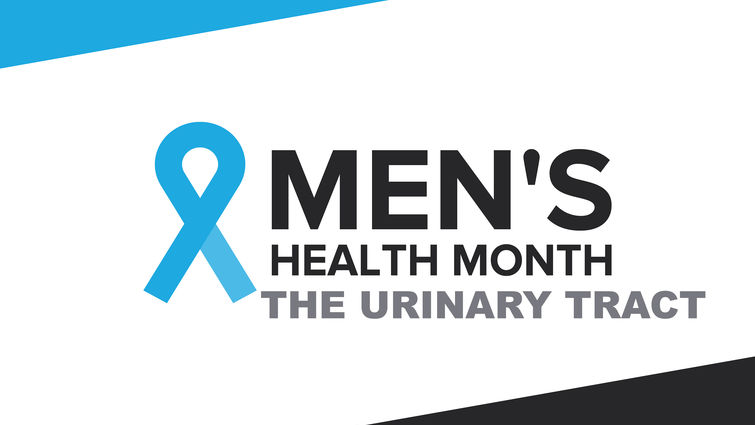
Mens Health
Men's Health Month serves as a timely reminder for men to see their healthcare provider and raises awareness about the benefit of early detection. Men are more likely than women to suffer from a broad spectrum of issues ranging from heart disease and cancer to substance abuse, depression and suicide.
Herbert Ruckle, MD, chair of urology for Loma Linda University Health, shares tips that can make a big difference for the man in your life. “Men’s health — and urological health in particular — isn’t always front of mind until there is an issue or illness, but it’s important to take proactive measures to minimize risk for bladder, prostate, or kidney problems,” Ruckle says.
To help men avoid urological health mistakes, Ruckle recommends keeping these tips in mind:
Understand and embrace a low-fat diet.
There are clear links between proper nutrition and various urologic and renal diseases. Maintaining a healthy diet can limit the risk of cancer, and staying at a healthy weight can keep the body in shape to fight off diseases and help maintain sexual function.
Stay physically active and take care of your mental health
The benefits of regular exercise are many, including maintaining a healthy heart and a clear mind. Still, consistent physical activity can do more — research has shown exercise to reduce the symptoms of certain urological health issues such as symptomatic benign prostatic hypertrophy, kidney stones and erectile problems. Regular exercise and weight control are a great way to keep a healthy urinary tract.
Keep up-to-date on recommended cancer screenings.
It’s much easier to care for problems when they’re picked up early in screenings, and knowing what tests and screenings are available can make a huge difference. Avoid smoking to prevent bladder and kidney cancer, and get a yearly PSA blood test starting at age 50 to detect aggressive prostate cancer. Screenings for cancer may seem intrusive, but they can be life-saving.
Good men’s health is proven to lead to better pelvic and sexual health. Take steps now to care for your or your man’s health in the future. Working with a primary care doctor and urologist can help identify and manage bladder, prostate or kidney problems.
Loma Linda University Health providers are committed to ensuring all patients have access to the care they need — especially during this stressful time. Patients can schedule video visits by visiting lluh.org/video-visits, MyChart or calling their provider.
